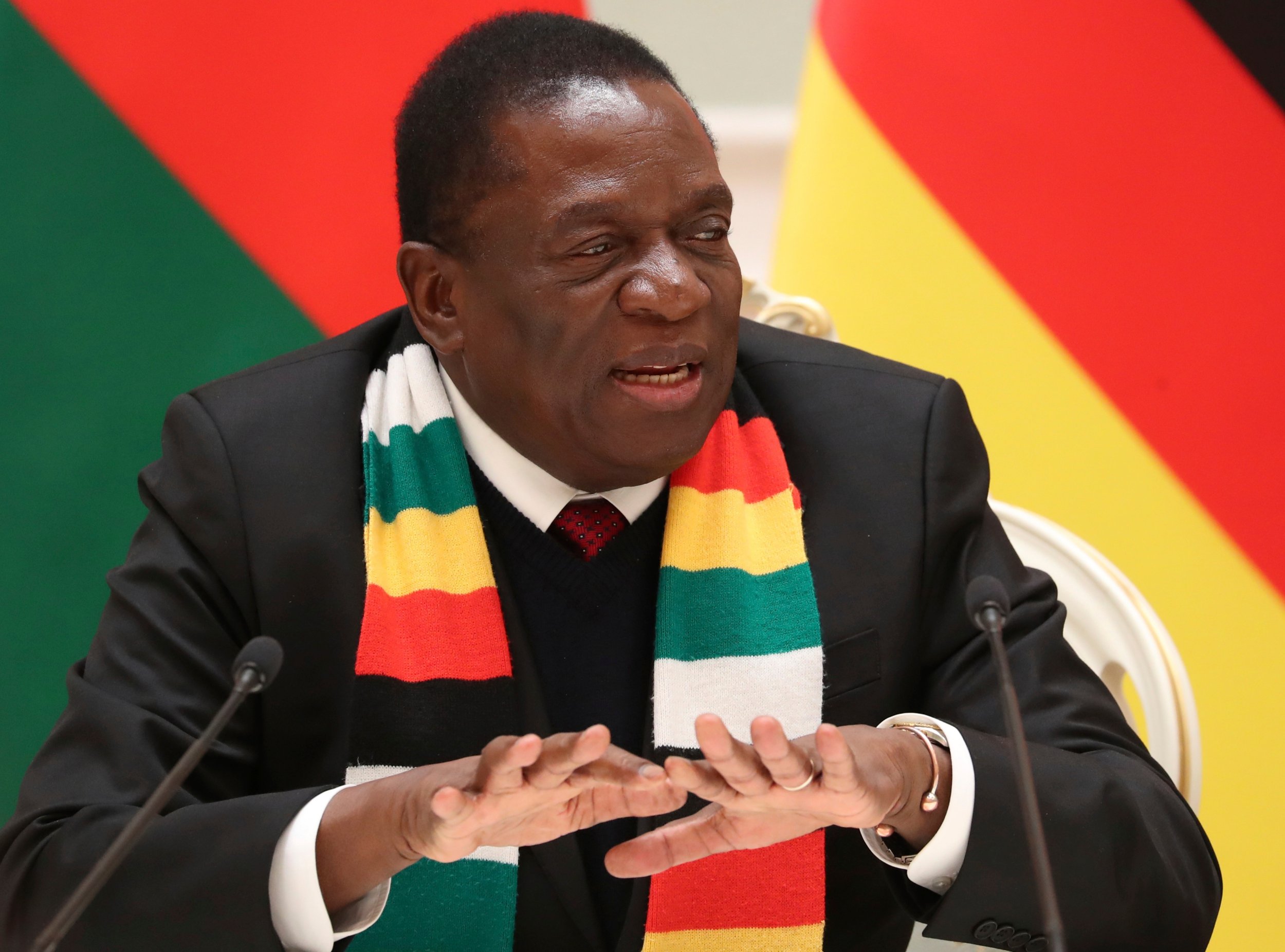President Emmerson Mnangagwa was last Monday, September 4, 2023, sworn in for the second and final term after the main opposition Citizens Coalition for Change (CCC) abandoned the idea of challenging the election results in the Constitutional Court and hoped to find a political solution to the impasse with the help of regional body, SADC.
For slightly over a week after the announcement of the presidential result, Zimbabwe was on tenterhooks as Mnangagwa was worried that CCC leader Nelson Chamisa would petition the Constitutional Court to reverse his win.
The situation was made more fluid by observer mission reports by SADC, the African Union, the European Union and the Carter Centre said that the elections were not free, fair and credible.
They argued the conduct of the polls fell short of the Zimbabwean Electoral laws or the SADC Guidelines on Elections and Good Governance.
Mnangagwa sent out inauguration invitations quickly to all regional and selected foreign countries to attend his swearing-in programme. However, it seems he is still far from reaching a perfect rapport with fellow leaders post the disputed polls.
Only three sitting presidents from the region came. These were Cyril Ramaphosa of South Africa, Philip Nyusi of Mozambique and DRC’s Felix Tshitsekedi. All the rest sent representatives.
This was a slap in the face of Mnangagwa, but he rolled with it as he was consolidating his win through inauguration well ahead of the SADC meeting on the matter. SADC will therefore be expected to give a fait accompli when the matter comes before the region.
Chamisa has, however, started a diplomatic offensive where his team is engaging the regional leaders with the hope that the August 23 polls will be set aside and a fresh election will be conducted.
This could be a long shot. Zimbabwe will always claim its sovereignty, thereby, leaving the regional body without a strong footing in Zimbabwe’s matter.
Mnangagwa on the other hand did not extend his hand to the opposition in his acceptance speech but went all out to berate them. He said that counter-revolutionaries and proxies will never rule Zimbabwe. It is an open secret that the opposition since 1999 has been accused of being puppets of the West.
The new president did not miss the occasion to warn the opposition about service delivery. Since 2000 general elections, Zanu PF – the ruling party – has largely been made a rural party as it has lost in all urban areas.
Since then, Zanu PF using its majority in parliament has stripped urban local authorities of executive mayors and in that place made the Local Government minister a super-mayor of all urban local authorities.
Mnangagwa in his speech said his government will be working for the ‘transformation of living standards of people in urban areas’ and ensure that they have better service delivery.
It is clear that without autonomy, urban local authorities will fail and Mnangagwa may find it easy to install commissions to run the towns.
It remains unclear what the opposition CCC strategy will be going forward after they claimed the elections were rigged. It remains to be seen whether it will take its seats in parliament when the house sits for the first time or its elected councillors will be sworn in and elect mayors from among themselves.
Political commentator, Professor Stephen Chan said: “The CCC needs to sit down and patiently devise its strategy going forward. It needs to oppose, that what an opposition does, but it needs to propose better policies than the government.”
This is a major challenge for the CCC which seems most likely to take a confrontational approach to politics. It seems that Zimbabwe will go through a long summer of discontent as the opposition will be staging protests across the country and revving up pressure at both SADC and the African Union to have Zimbabwe hold fresh elections – a very long shot in my view.
During his first term, Mnangagwa in August 2018 and January 2019 proved that he rules with an iron fist and protests are not acceptable no matter how peaceful they are.
Mnangagwa then called the military out of the barracks to ruthlessly crush the demonstrations. In the first instance, in August 2018, six people were shot dead in Harare’s central business district and dozens were left injured.
The January 2019 fuel hike demonstrations saw the deployment of soldiers once again to quell demonstrations in major high-density suburbs. A lot of residents were beaten up and one was shot and killed in Chitungwiza.
The lines are clearly drawn in the sand. It is going to be a high stakes game of brinksmanship by the two political gladiators going forward.
What however remains clear is that the tension will be ominous for the majority of citizens as it brings sporadic violence and disruption of business in a highly informalised economy.
It is common cause that Mnangagwa’s inauguration has opened new avenues for contestation and did not bring to a close the election dispute.
It is now a different set of rules as Mnangagwa is now legally president after his swearing in and the opposition is seeking a fresh election. Protests are bound to happen – or a new outlet, like most observers noted, that the parties should find a framework to work together.



